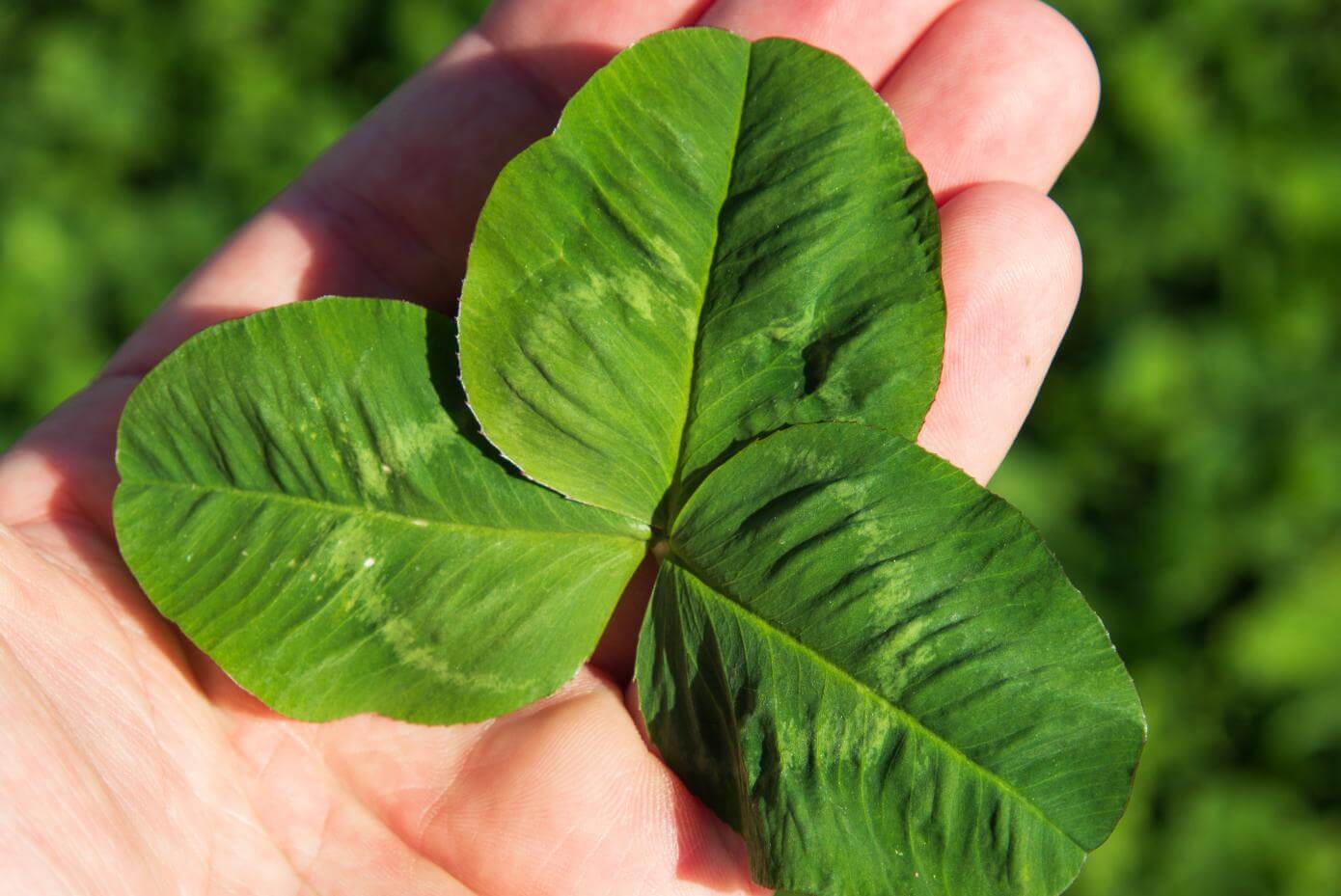Market Watch
We have seen good seed movement out of the Willamette Valley over the past 90 days. Most of customers also convey that their movement to dealers and end users has been good. Many of them wisely took a conservative approach to their inventory, using up any carryover and ordering more as needed. This helped their cash flow, kept their line of credits down and has now left them in a better position to both purchase and price seed at current market value.
While there are still large stocks of certain inventories in primary hands, the distributor level looks to be needing to either stock up or order frequently throughout the spring. The price slides of 2023, mostly on grasses, seem to have either reached bottom, or at least be stable for the time being.
In contract to this slide, many legumes, both annual and perennial, have risen or are in flux. The most severe are the perennial white clover, followed by perennial red. More specifically, both the Dutch white and Ladino types have limited supply, and high demand. We advise you consider providing common, vns, or intermediate types when possible. The availability and pricing will be much more favorable. Marco Polo is a very good option in this category. It has large leaves, is available raw and coated and pre-inoculated with our proven Nitro-Coat® and Nitro-Coat® Organic coating.
Crop Comments
As you may recall, last year’s Willamette Valley crops began with a very dry fall and then a wet, cold winter. Many of the new plantings struggled all winter and into spring. Some were so bad, fields ended up being plowed out. Thankfully, this fall is very different. Rains have been frequent and temperatures have been perfect, resulting in timely plantings and well-established stands.
This fall, we are seeing a good amount of the typical plantings of annual ryegrass, and crimson clover, as well as an increase of white and red clovers. Other crops include turnips, wheat and meadow foam. We anticipate additional spring plantings of peas, radish and oats. Both new and overall acres of perennial ryegrass and turf tall fescue have been reduced, with new plantings mostly committed to new or newer varieties. Many of these turf acres were rotated out of production due to excess inventories, while attractive contracts and open market prices helped increase legume acres. Rotations from grass crops to other crops are also the preferred method to clean up ground as well as helpful to reduce contaminates and obtain future certification approval.
Two New Varieties Now Available
Halsey is a fast-growing intermediate tetraploid ryegrass ideal for producing lots of forage for 1-2 years. More information available early 2024.
Lightning is a fast-establishing, quick-growing, super-high nitrogen producing berseem clover which also shows good winter hardiness. Limited supply for Spring 2024. More information coming soon.
